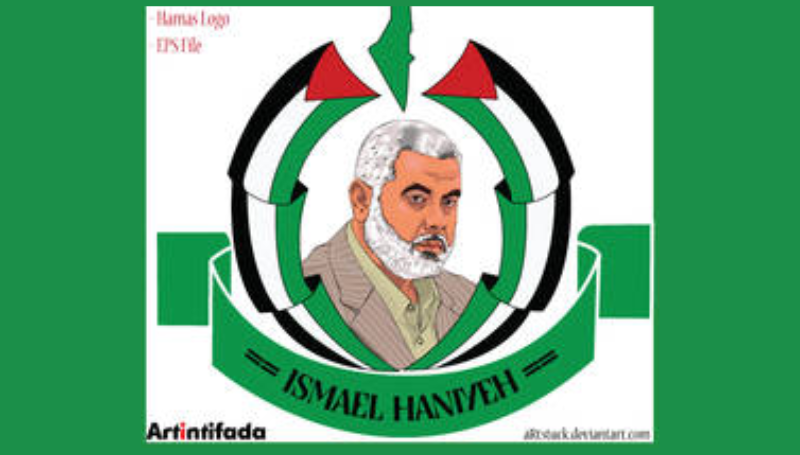Jonathan Spyer
The Spectator, Aug. 3, 2024
“Is Israel prepared to up the ante to the point of regional war?”
Following the killings of Hezbollah’s Fuad Shukr and Hamas’s Ismail Haniyeh, Israel and the Middle East are poised and waiting for the next move. The two killings represent a significant humiliation for the Iran-led regional axis, which until this point had been projecting a sense of achievement and satisfaction.
The October 7 massacres and the subsequent war may not have come at the express order or at the precise time wanted by the regime in Tehran. But events have proceeded largely in a way satisfactory to it. Israel appeared to be isolating itself diplomatically, unable to deliver a deathblow to Hamas in Gaza and caught in a contradiction between its twin aims of freeing hostages and destroying the Islamist entity in Gaza. All this seemed to confirm that the Iranian strategy of seeding proxy armies on the Jewish state’s borders and then using them to bleed Israel to death was working.
The deaths of Haniyeh and Shukr do not reverse this picture entirely, of course. But they do return focus to that part of the picture most advantageous to Israel, and most uncomfortable to Iran. Namely, that while Tehran may be without peer when it comes to building and managing proxy military and political forces, in areas of conventional military and intelligence activity and special operations, it is very much the inferior. The attacks in Beirut and Tehran demonstrate that Israel has penetrated the security structures of the Islamic Revolutionary Guards Corps (ITGC) and its most powerful proxy to their inner core. They leave Iran in danger of appearing hapless and flailing. For this reason, the attacks have provoked fury among the regime’s most committed defenders, and a desire for swift retribution.
… [To read the full article, click here]


